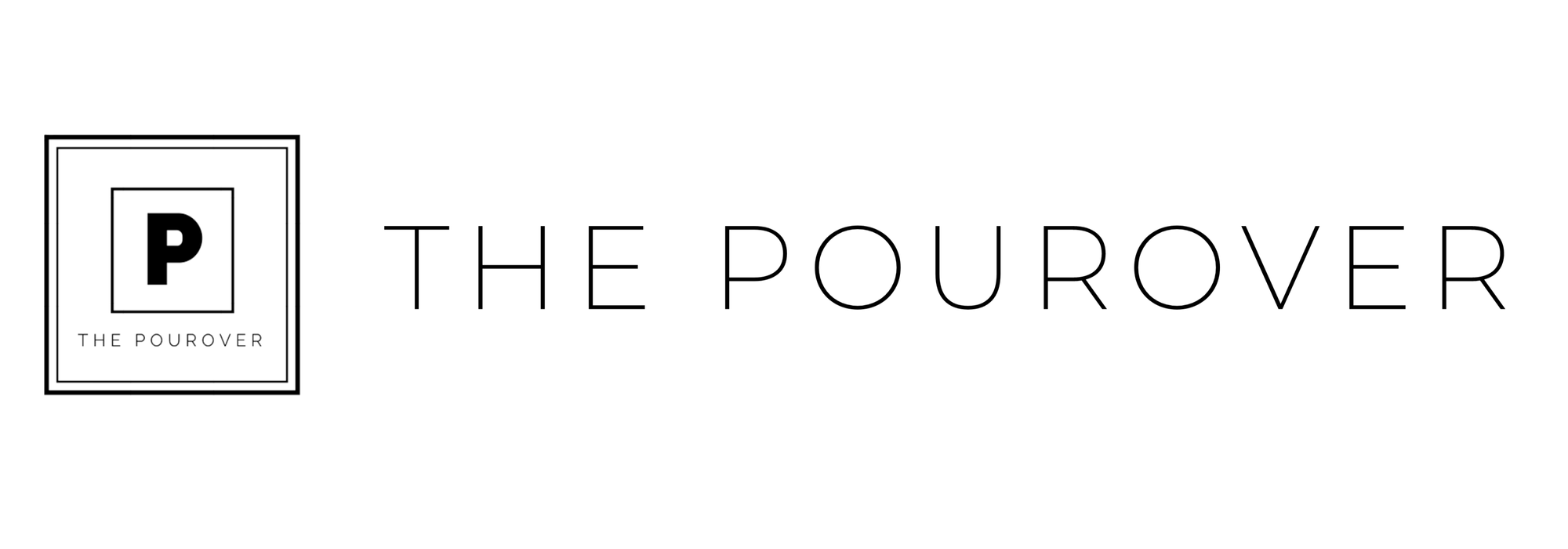Coffee News Roundup: Week Ending September 18th
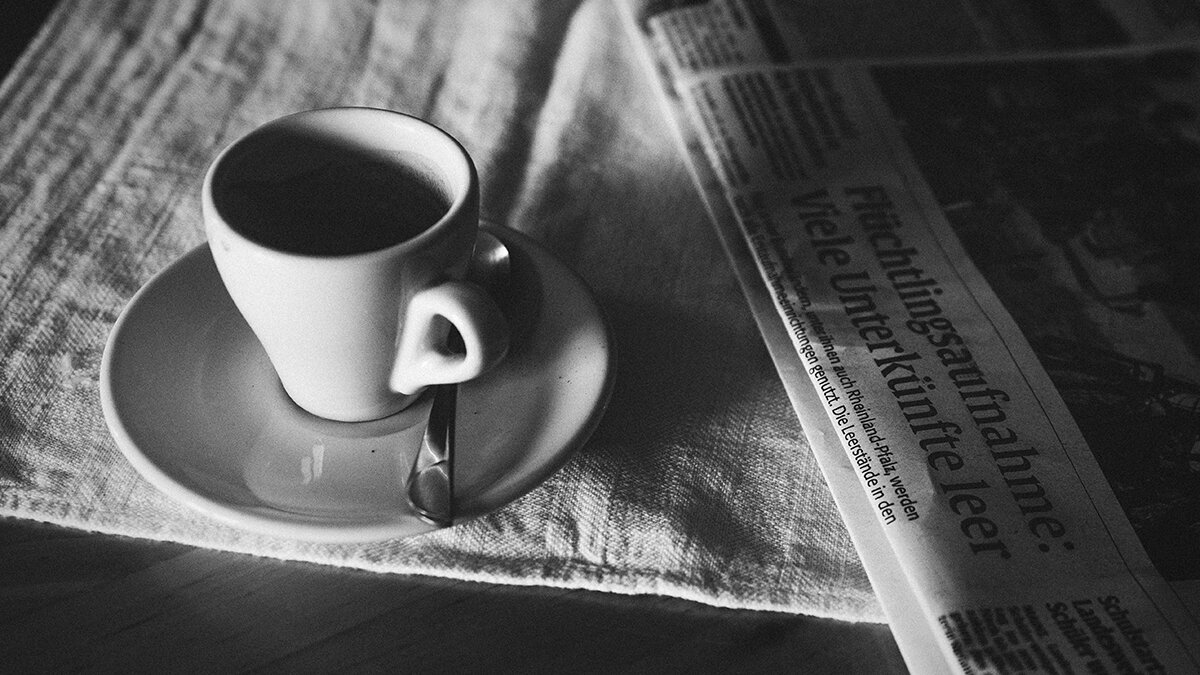
An espresso cups sits on a table beside a folded newspaper. Via Unsplash
I start writing these news roundups on Fridays, and usually finish them (and write the intro) on Saturday morning.
During that time last night, Ruth Bader Ginsburg passed away.
This year feels like one gut punch after another, and there are still several months left. There’s not much else to do except try to flip the Senate and, in the meantime, look at this week’s coffee news.
Nespresso Pledges Complete Carbon Neutrality by 2022 - via Daily Coffee News
This article seems like it was designed in a lab to annoy me.
Nespresso, they of the George Clooney marketing campaigns and over $10 billion in revenue (back in 2013—it’s presumably far more now), has “pledged” to make “every cup of Nespresso coffee” carbon neutral by 2022.
Nespresso is, of course, a subsidiary of Nestlé, a company that is still, among plenty of other environmental obscenities, fighting to privatize and bottle America’s water in order to sell it back to us. Nespresso and its parent company also have a history of acknowledging the use of child labor and forced labor in their coffee supply chains.
But hey, carbon neutrality—that’s good too.
In the announcement, Nespresso claims that, via a combination of carbon emission reduction, planting trees, and carbon offsetting, the entire company will be carbon neutral in just over a year.
“Our business and the coffee industry can be a force for good in the world and I hope that our commitment will encourage others to follow,” said Guillaume Le Cunff, CEO of Nespresso, in the press release.
The announcement is unsurprisingly vague about the actual ways in which Nespresso intends to achieve these lofty goals, with talk of “increasing the use of biogas within the manufacturing process” and “using trees to sequester carbon from the atmosphere, while investing in nature and building a regenerative agricultural system.”
For one thing, planting trees isn’t always the answer (although planting them in coffee growing regions around the equator, as Nespresso intends, is one of the better ways to do it). How much of the total will involve carbon offsets is another unexplained subject—carbon offsets have a string of criticisms ranging from their use as a get-out for dirty industries to their human cost.
Kudos to Daily Coffee News, which in clear contrast to the copy/paste job over at Global Coffee Report, actually pointed out some of the issues with and hypocrisy in Nespresso’s announcement:
“The company also did not make clear if, how or by whom such sustainability efforts might be audited or verified, nor did it shed any light on its own carbon footprint, which outside of coffee production and shipping includes the production of plastic machines and single-serve pods that are non-biodegradable.”
Brazil Is Running Out of Space to Store Its Coffee - via Bloomberg
Wait, weren’t Brazil’s warehouse empty like a month ago?
Okay, so it was a year ago. In October 2019, Sprudge (via Bloomberg) reported on warehouses in Brazil standing empty as “Brazil’s largest grower and shipper of arabica, Cooxupe, no longer has any coffee to fill new orders.”
Cheap prices were to blame then (plus ça change) but this year the overload is apparently due to a big harvest coupled with low international demand. It’s leading to trucks queuing up outside warehouses across Brazil, sometimes waiting days to unload their cargo.
“It’s all falling apart,” Regis Ricco Alves, a director at consultant firm RR Consultoria Rural, told Bloomberg. “There’s no way to store more coffee. It’s taking six to seven days to unload.”
A Peculiar Symptom Of COVID-19: Coffee Smells Like Rotting Meat - via Spectrum News 1
Maybe if you want to continue drinking and enjoying coffee, you should wear a mask.
Obviously, COVID-19 is an awful, deadly disease that disproportionately affects the poorest and most marginalized among us.
But hey, perhaps if pointing out that, even if you don’t die, the disease might cause coffee to smell like rotting meat to you, it might encourage some people to take it more seriously.

Coffee cherries ripening on the branch
More Headlines
Seattle Coffee Gear & Getchusomgear Team Up To Give Away $50,000 In Grants
The Coffee Equity Lab Launches At Vanderbilt With Free Speaker Series
Finca Sophia Coffee Earns Record-Breaking $1,300 Per Pound At Best Of Panama
The Week In Corporate Coffeewashing
See above for the Nespresso story, which managed to move out of this subheading and into the main event.
Is Coffee Good For You?
You know what? This week it is! Well, it might be. At this point, that’s all we can really hope for.
According to a new study published in JAMA Oncology and reported on by USA Today (that must mean it’s legit), drinking “a few” cups of coffee per day was associated with longer survival and lower risk of cancer progression in patients suffering from colorectal cancer.
According to the article, “Investigators found that in 1,171 patients treated for metastatic colorectal cancer, those who reported drinking two to three cups of coffee a day were likely to live longer overall and had a longer time before their disease worsened than those who didn’t drink coffee.”
And if they drank more? They saw even greater benefits, and the benefits came from both regular and decaf coffee.
“Although it is premature to recommend a high intake of coffee as a potential treatment for colorectal cancer, our study suggests that drinking coffee is not harmful and may potentially be beneficial,” said Dr. Kimmie Ng, study senior author and oncologist at Dana-Farber, where the research was carried out.
Of course, there are things to consider (there always are): the study only found an association, not cause-and-effect. There are possibly cofounding factors not measured by the study, for example the fact that people with severe gastrointestinal symptoms that may suggest a more advanced disease are less likely to drink coffee. And coffee-drinking habits were only measured after diagnosis, so it’s hard to know if drinking coffee is preventative or not.
And, as in most of these studies, what constitutes “a cup” is never defined. At least, not in the news article or the very short summary of the study available to those without the $ to access the full thing.
What I’m Drinking This Week
Currently, I’m working my way through a bag of Guatemala San Jose Poaquil sent to me by the kind folks at Pegasus Coffee Company over in Bainbridge Island, Washington (full disclosure: I have done a bit of writing for them in the past).
I’m enjoying the “classic-ness” of this Guatemala—it’s balanced, clean, sweet and a bit caramelly.
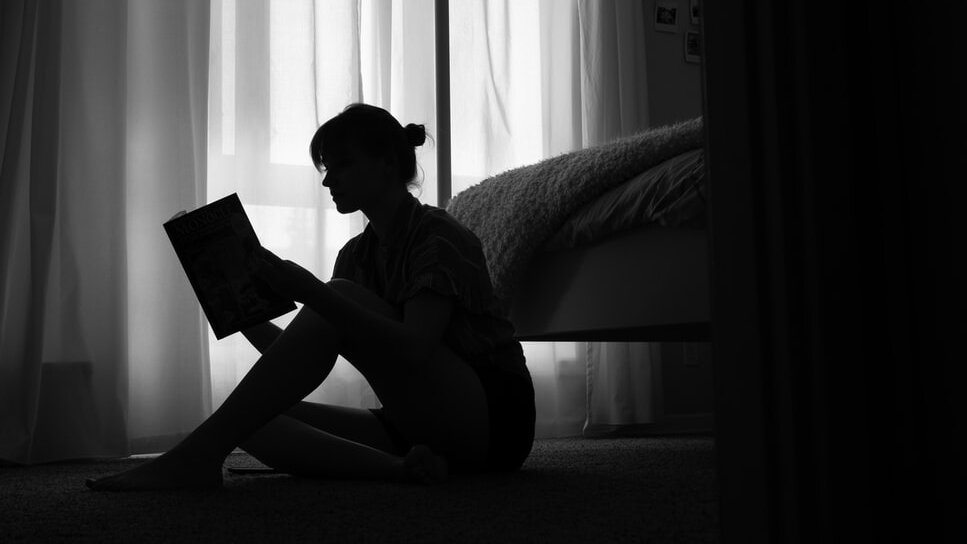
A person sits on the floor reading a book. via Unsplash
What To Read
Coffee Rust Is Going To Ruin Your Morning by Maryn McKenna
How Abner Roldán Of Cafe Comunión Is Handling COVID-19 In Puerto Rico by Jordan Michelman
“He Drank It Black”: On Dinah Lenney’s “Coffee” by Markman Ellis
Until next week, drink good coffee, wear your mask, and hey maybe donate to some Senate races if you can.
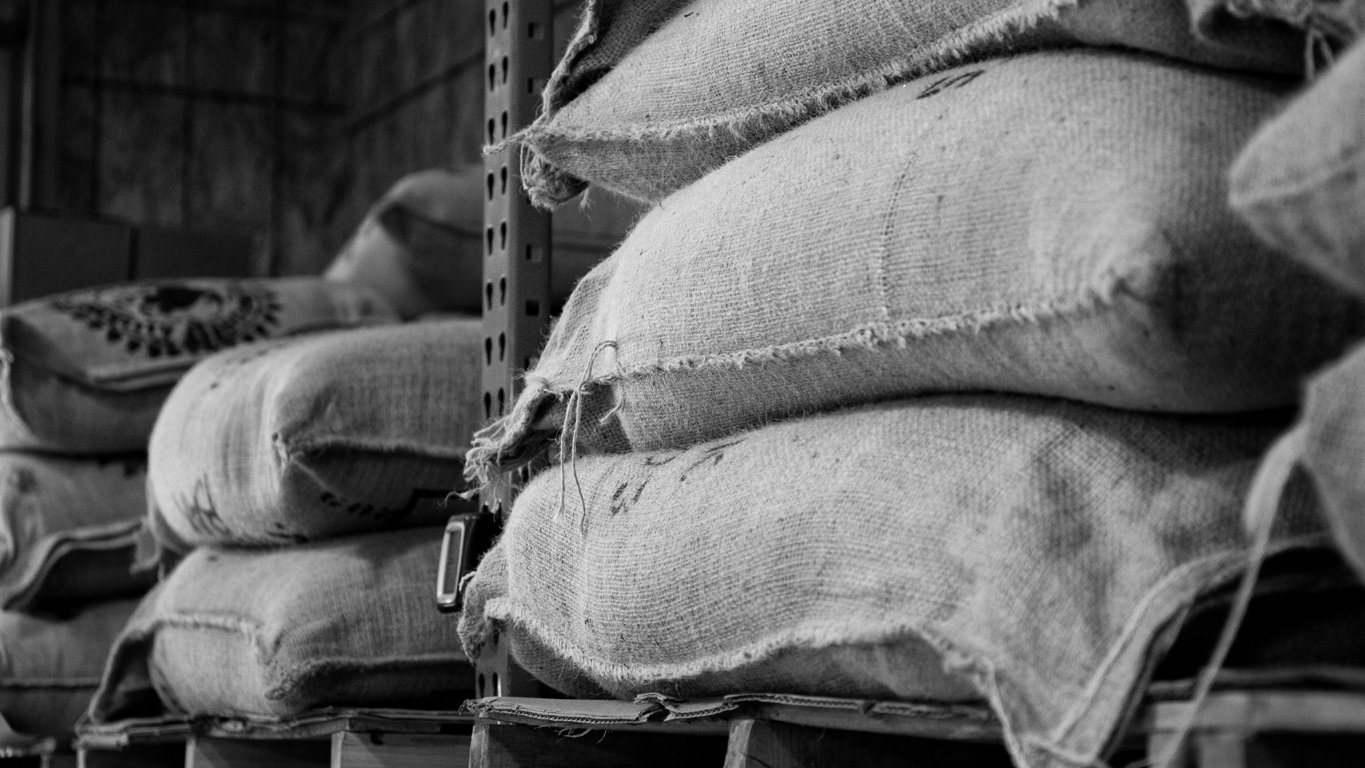
Nov 24, 2023 Connecting the Dots: Inside the 2023 Coffee Barometer Nov 24, 2023 Nov 24, 2023
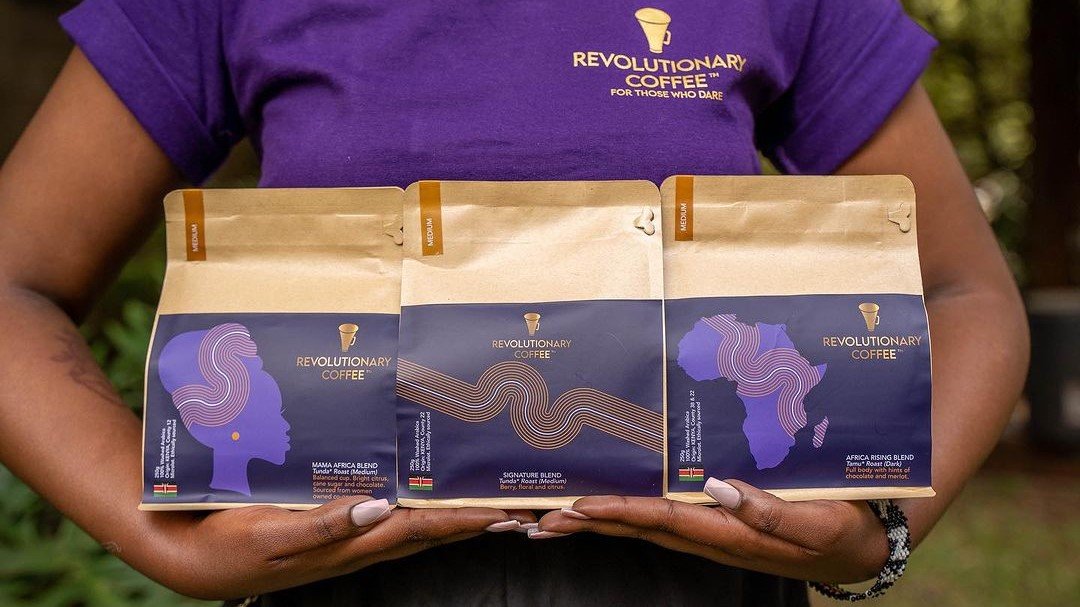
Oct 21, 2023 'Specialty Coffee Should be Enjoyed by Those Who Grow It': The Farmer's Daughter Joining Kenya's Coffee-drinking Revolution Oct 21, 2023 Oct 21, 2023
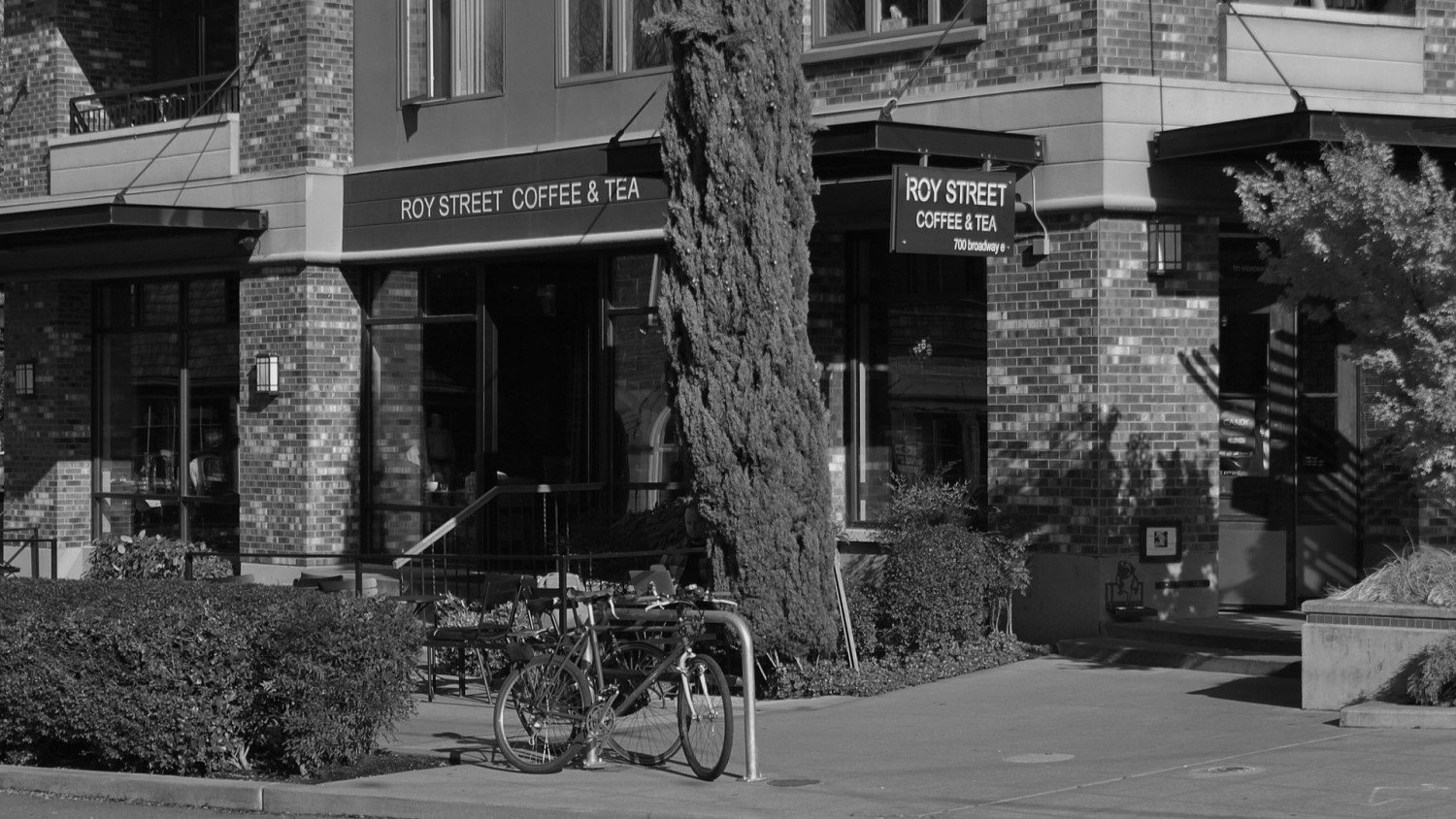
Oct 6, 2023 Stealth Starbucks: A Premonition of Modern Specialty Coffee Oct 6, 2023 Oct 6, 2023
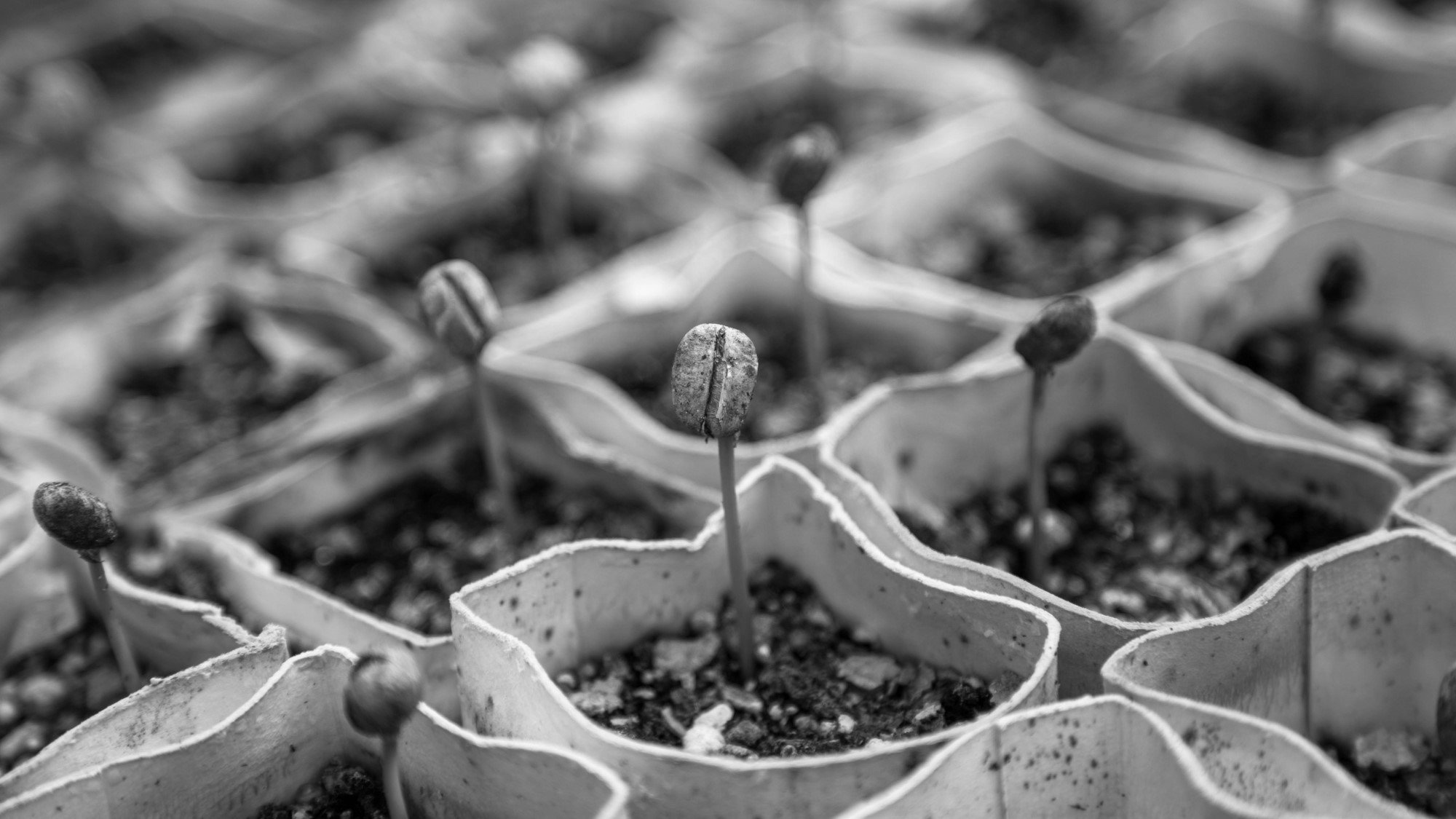
Sep 22, 2023 Can the Coffee Change Fund Save Coffee? Sep 22, 2023 Sep 22, 2023
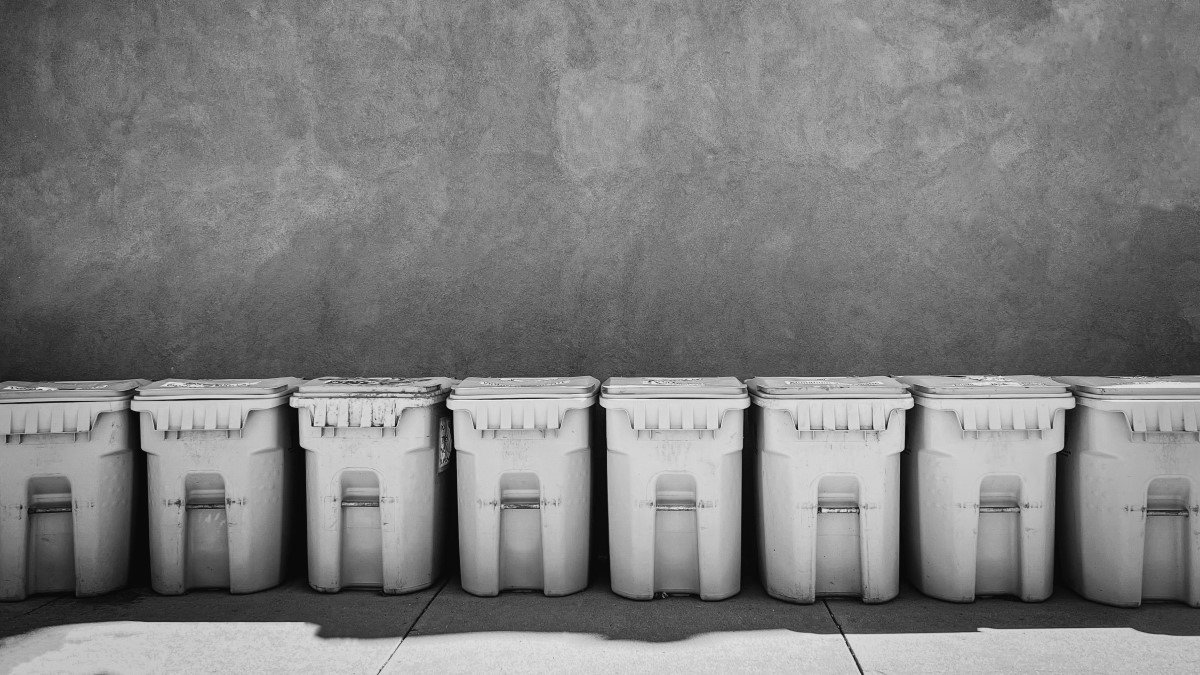
Sep 8, 2023 Upcycled Coffeewashing Sep 8, 2023 Sep 8, 2023
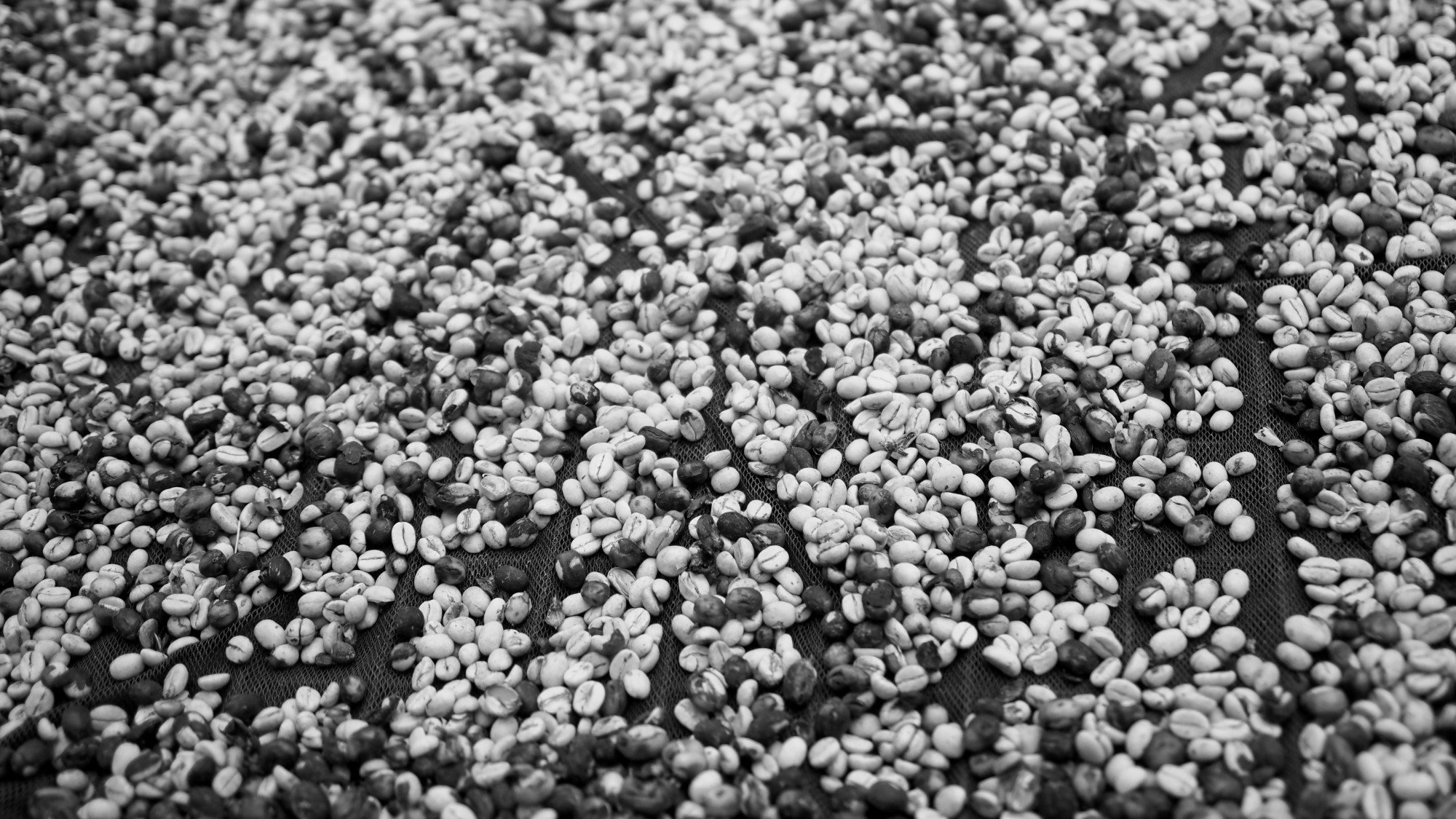
Aug 25, 2023 From A Concerned Farmer Aug 25, 2023 Aug 25, 2023

Aug 11, 2023 Philly is a (Coffee) Union Town Aug 11, 2023 Aug 11, 2023
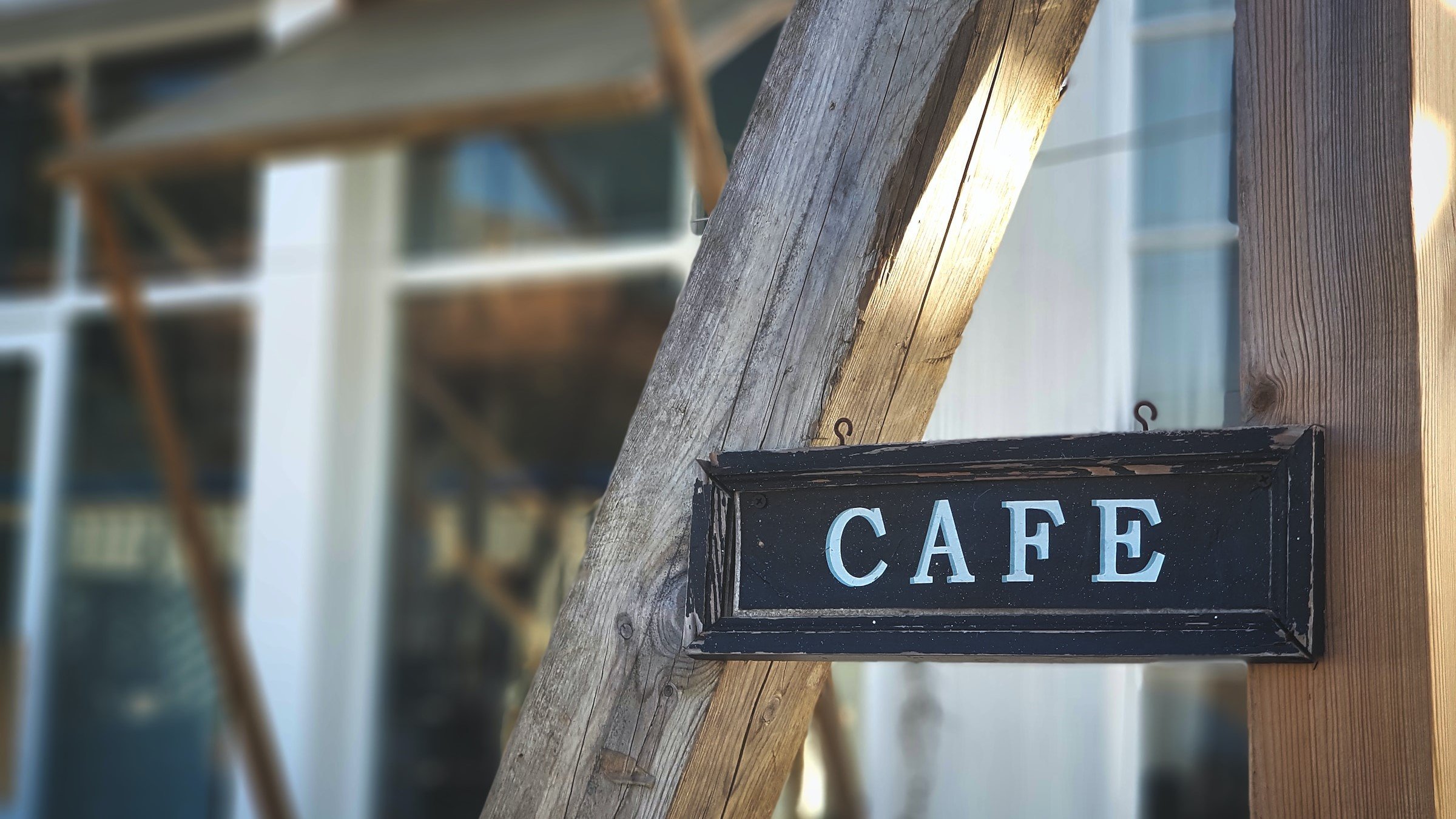
Jul 28, 2023 South Korea's Coffee Wars Jul 28, 2023 Jul 28, 2023
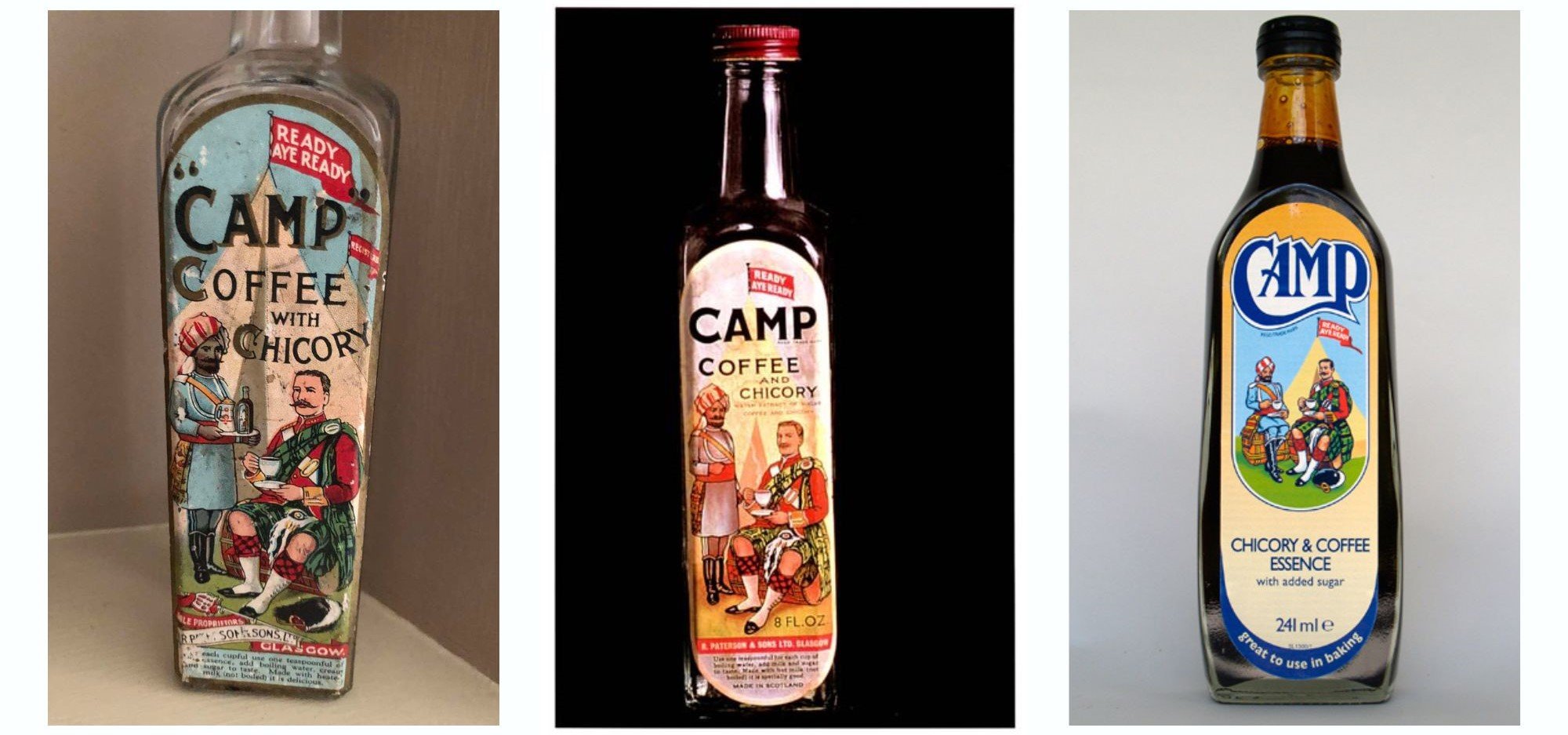
Jul 14, 2023 Camp Coffee, Colonialism, and the Evolution of a Brand Jul 14, 2023 Jul 14, 2023
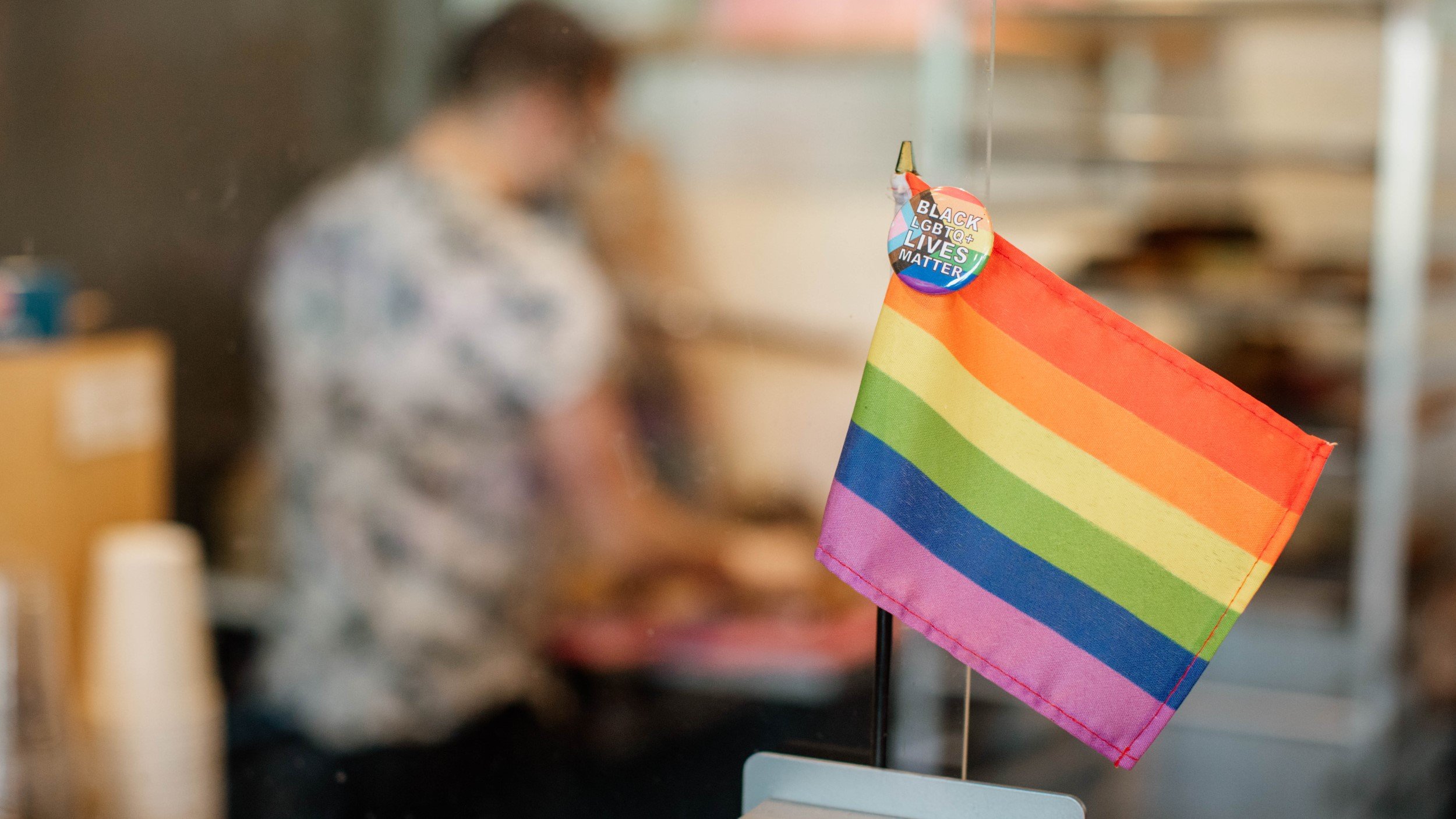
Jun 30, 2023 Defiance and Gay Frog Donuts: How Strange Matter Coffee is Navigating the Anti-LGBTQ+ Backlash Jun 30, 2023 Jun 30, 2023
